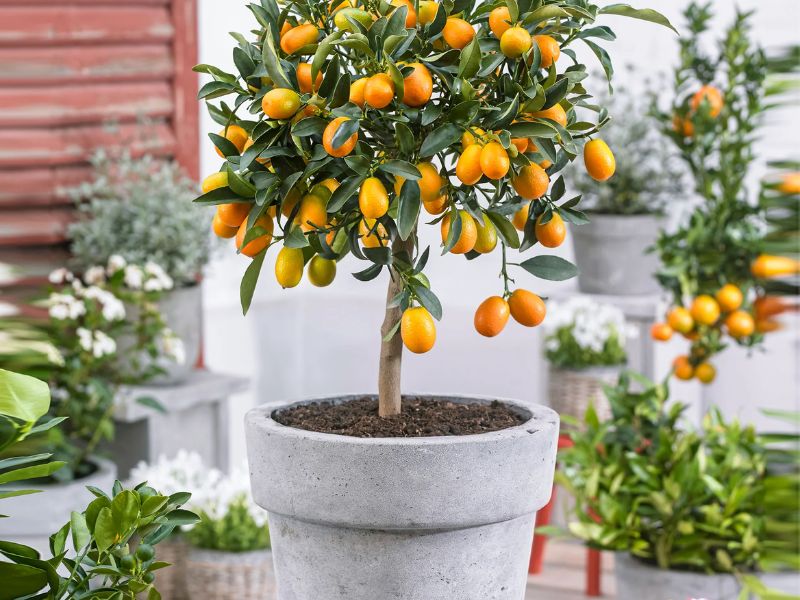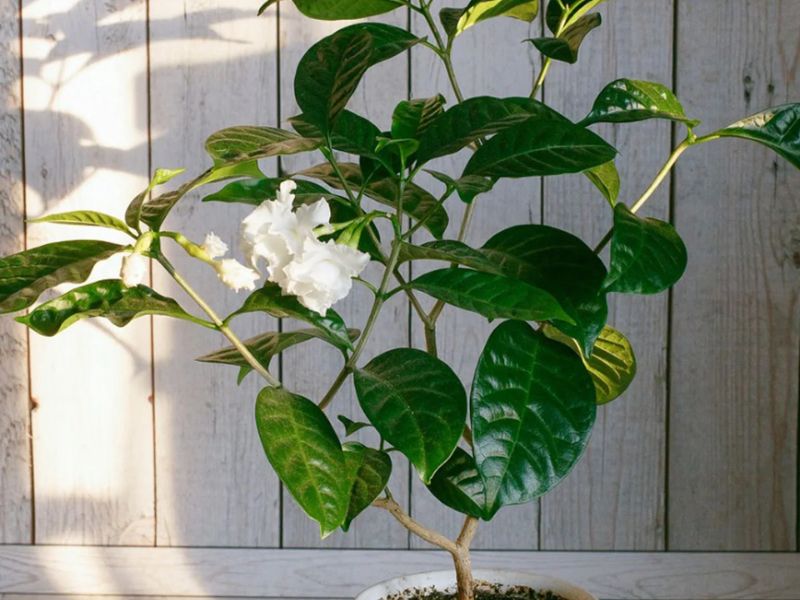Enhancing our homes with pleasant scents, from fresh linens to scented candles, is a common desire. Yet, we often overlook the potential of fragranced indoor plants. These natural aromas, like roses and jasmine, can infuse our living spaces with delightful scents. Luckily, there are several indoor plants known for their unique fragrances. The most aromatic options are typically flowering or bearing fruit, along with herbs boasting rich scents. Here, we’ll introduce some of the top scented plants and expert tips for their care.
Jasmine (J. Officinale)
Jasmine, a fragrant indoor plant, is known for its climbing ability and delightful floral scent. It’s an excellent choice for window sills and is readily available year-round. Common white jasmine (J. officinale) is especially popular. It proliferates indoors but needs a superb spot to prevent overgrowth. Regular pruning is advised, leaving some new shoots unpruned for future flowering. Daily sunlight and support for climbing are ideal. Keep the soil moist during growth and flowering, and water sparingly during rest periods.

en-gb.bakker.com
Coffee Plant (Coffee Arabica)
Coffee Arabica is a demanding plant, thriving in high humidity and bright, indirect light. It’s best suited for a sunroom. While it produces coffee beans, it’s not enough for a cup. Keep it well-watered, but avoid waterlogged soil. Use a pebble tray to maintain humidity and prevent leaf browning.
Kumquat Trees (Citrus Japonica)
Citrus Japonica, an indoor fruit tree, produces glossy leaves and self-pollinates to yield sweet fruits suitable for tea and garnishes. Move it indoors in winter, keeping it by a sunny window or under a grow light. Kumquats bloom with a sweet scent in late spring to early summer. Use a well-draining terracotta pot, water when dry about 2 inches down, and use citrus-specific fertilizer in spring-fall.

gardeningknowhow.com
Gardenia
Gardenias, known for their elegant blooms and sweet fragrance, add sophistication indoors and out. Bethany at Fast Growing Trees suggests dwarf varieties like Radicans or Veitchii in well-draining, acid-loving soil for indoor growth. Provide bright, indirect light and water when the topsoil dries. Keep the soil consistently moist, avoiding waterlogging. In winter, reduce watering and maintain 50-60% humidity. Use acidifying fertilizer in spring-fall, following package instructions. Regular deadheading ensures continuous blooms.
